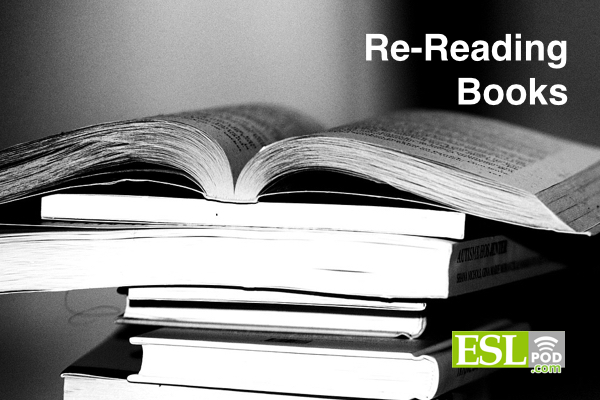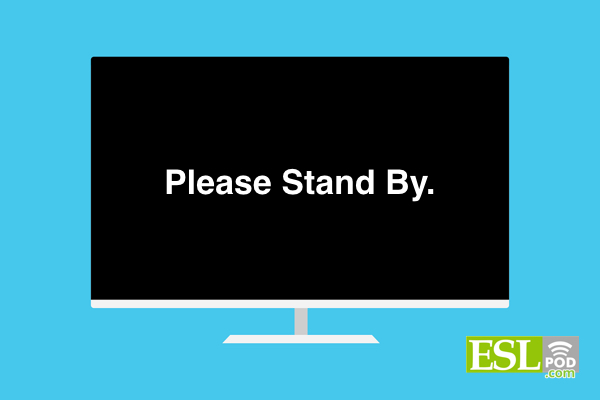 The following comes from a recent essay in the British magazine Literary Review.
The following comes from a recent essay in the British magazine Literary Review.
It says that as we get older, books that meant one thing to us when we were young may mean something very different when we get older.
When we re-read (read again) a book later in our lives, we see different things and perhaps find different meanings:
While some books we love present (give us) worlds frozen in time (unchanging, no matter when we read them), others grow (change) with you . . .
There are ways of seeing the world not yet revealed (shown) and sympathies yet to be apprehended (not understood).
Those sucker-punch (something that has a strong impact or effect on you) sentences are already there.
Patiently, they await my arrival (wait until I get there, until I read them in the future).
I’ve re-read certain books that I first read in college or in high school (J.D. Sallinger’s Cather in the Rye, for one). These books mean something different to me now, because I have more “life experience” – I am more mature, and, I hope, a little wiser (smarter; knowledgeable).
Do you ever re-read a book? What did you learn or appreciate from the book upon reading it again, later in your life?
~Jeff
Want to comment on this blog post? You can now do that on our Facebook page – click here to comment on this post!
WAIT!
Before You Go . . .
Get our FREE, 9-Page Special Report
“5 Things You MUST Know to Improve Your English”
Learn how to improve your English faster than ever with the latest, research-proven methods. Download it to find out more!
Just fill out your first name and email address below to get it:
 None of us will live forever. Death (end of life) is the eventual (someday) destination (where you are going) of all of us.
None of us will live forever. Death (end of life) is the eventual (someday) destination (where you are going) of all of us. There are a couple of different ways to use the phrasal verb to stand by, and it can get very confusing.
There are a couple of different ways to use the phrasal verb to stand by, and it can get very confusing. How can you remember all the new words you read and listen to in English?
How can you remember all the new words you read and listen to in English? I’ve been feeling rather lazy this week. So it’s a good time to talk about a few confusing words in English related to sleeping.
I’ve been feeling rather lazy this week. So it’s a good time to talk about a few confusing words in English related to sleeping. “I can’t be bothered” means “I don’t want to make the effort (work) to do something.” For example:
“I can’t be bothered” means “I don’t want to make the effort (work) to do something.” For example: